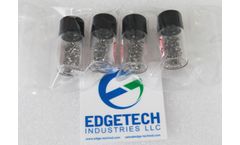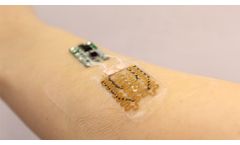Bodily Fluids Articles & Analysis: This-Year
6 articles found
Tantalum is biocompatible and does not corrode when in contact with bodily fluids. This property makes it suitable for surgical implants and medical devices, ensuring longevity and biocompatibility in critical healthcare applications. ...
The home healthcare market is experiencing rapid growth as patients seek more convenient, comfortable care outside of hospitals. Whether managing chronic conditions, receiving post-operative care, or utilizing wearable medical devices, patients and providers alike demand medical components that are safe, reliable, and effective in non-clinical settings. Fluoropolymer tubing—PTFE, PFA, and ...
Its resistance to corrosion ensures that the marker bands remain durable and intact, even after prolonged exposure to bodily fluids, maintaining their functionality and structural integrity over years of use. ...
The specific composition can vary depending on the intended application, but the key feature of bioglass is its ability to form a hydroxyapatite layer when it comes into contact with bodily fluids. Hydroxyapatite is the same mineral that makes up the majority of our bones and teeth, which is why bioglass can integrate so well with biological tissues. ...
ByMatexcel
Their chemical resistance ensures that they do not react with medications or bodily fluids, making them ideal for a variety of medical ...
In the field of medical device manufacturing, the materials used in creating life-saving equipment must meet the highest standards of safety, reliability, and performance. Among these materials, fluoropolymer tubing has emerged as a critical component, playing a crucial role in various medical devices. Whether it’s for intravenous (IV) systems, catheters, or diagnostic equipment, ...






